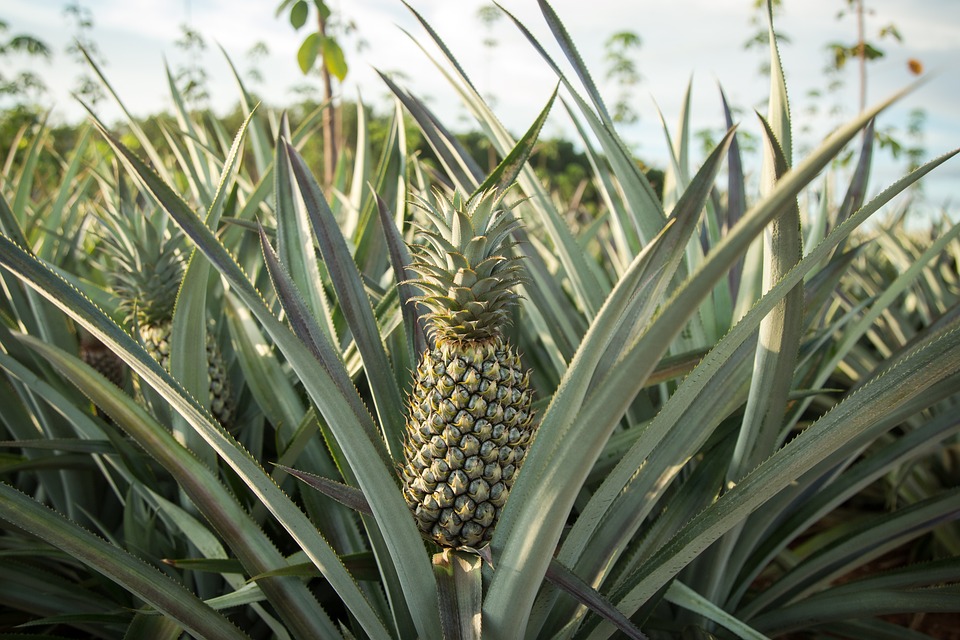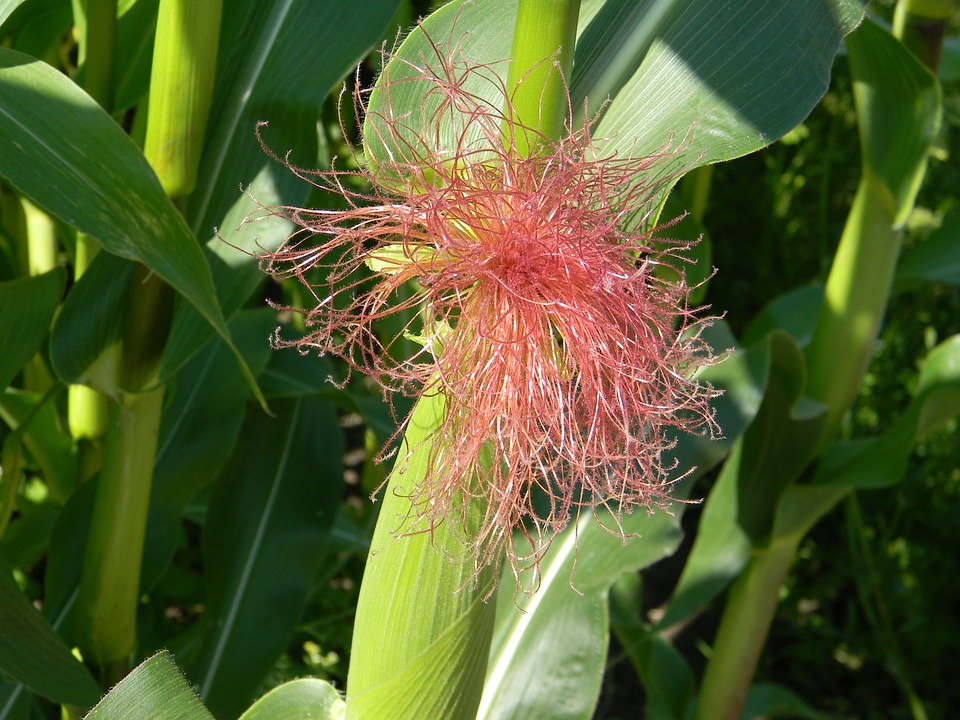Off-Grid Solar Systems: A Sustainable Solution for Remote Areas
Living off the grid has been an incredibly rewarding and eye-opening experience for me. As I’ve navigated the challenges and triumphs of living in remote areas, I’ve come to appreciate the value of sustainable solutions, particularly off-grid solar systems. These innovative systems have the power to transform the way we live and provide a reliable, renewable energy source for off-grid communities. If you’re considering making the switch to off-grid living or are simply curious about the benefits of off-grid solar systems, read on to discover why they’re a sustainable solution for remote areas. Off-grid solar systems have become increasingly popular in recent years as more people seek to reduce their reliance on traditional power sources and embrace a more sustainable lifestyle. These systems are particularly well-suited for remote areas where access to electricity is limited or non-existent. In my own experience, living in a remote cabin in the mountains, off-grid solar systems have been a game-changer, providing me with the power I need to live comfortably while minimizing my environmental impact. One of the key advantages of off-grid solar systems is their ability to harness the power of the sun to generate electricity. This renewable energy source is abundant and freely available, making it an ideal solution for off-grid communities. By installing solar panels and a battery storage system, off-grid homeowners can capture and store the sun’s energy, providing a reliable source of power for their homes. This not only reduces the need for traditional fuel-based generators but also eliminates the associated costs and environmental impact. Pro Tips: 1. When choosing solar panels for your off-grid system, opt for high-efficiency panels to maximize the energy captured from the sun. 2. Consider investing in a backup generator or alternative energy source to ensure a reliable power supply, especially during periods of low sunlight. In addition to being a renewable energy source, off-grid solar systems are also incredibly low-maintenance. Once installed, solar panels require minimal upkeep, with occasional cleaning and inspections to ensure they continue to operate efficiently. This can be particularly beneficial for off-grid homeowners who may not have easy access to maintenance services or repair technicians. With proper care, solar panels can provide a reliable and sustainable source of power for years to come, making them a cost-effective solution for off-grid living. Off-grid solar systems also offer a level of independence and self-sufficiency that is unparalleled. By generating their own electricity, off-grid homeowners are no longer dependent on external power sources, which can be unreliable and costly in remote areas. This independence allows off-grid communities to take control of their energy needs and reduce their reliance on traditional utility companies. As someone who has experienced the freedom and empowerment that comes with off-grid living, I can attest to the value of this independence and the peace of mind that comes with knowing I have a reliable, sustainable energy source. Pro Tips: 3. When designing your off-grid solar system, carefully consider your energy needs and usage patterns to ensure you have adequate power for your home. 4. Invest in high-quality batteries for your off-grid system to store excess energy for use during periods of low sunlight. Another benefit of off-grid solar systems is their environmental impact. By utilizing the power of the sun, off-grid homeowners can reduce their carbon footprint and minimize their reliance on fossil fuels. This not only benefits the environment but also contributes to a more sustainable and eco-friendly way of life. As someone who is passionate about living in harmony with nature, the environmental benefits of off-grid solar systems have been a driving force in my decision to embrace this sustainable energy solution. In conclusion, off-grid solar systems are a sustainable and practical solution for remote areas. They provide a reliable, renewable source of energy, require minimal maintenance, offer independence and self-sufficiency, and have a positive environmental impact. If you’re considering making the switch to off-grid living or are simply curious about the benefits of off-grid solar systems, I encourage you to explore this innovative energy solution. As someone who has experienced the transformational power of off-grid solar systems firsthand, I can confidently say that they have the potential to revolutionize the way we live in remote areas, making off-grid living more sustainable and fulfilling than ever before.










